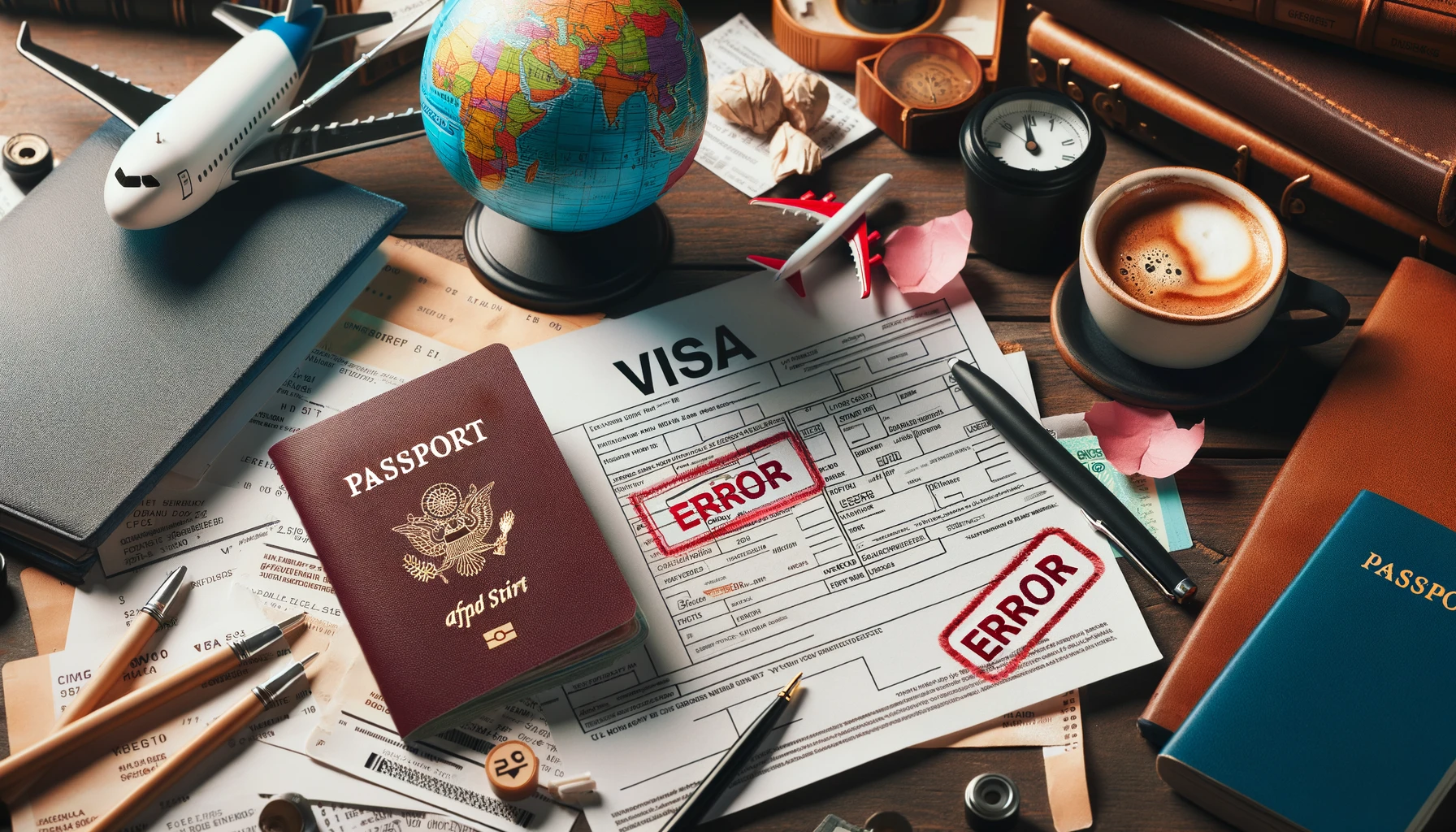Canada is known for its welcoming business environment and robust economy, making it an attractive destination for international entrepreneurs and investors. For those looking to conduct business in Canada, understanding the different types of business visas available is crucial. The most common options include the Temporary Resident Visa (TRV) for business visitors, the Business Visitor Visa, and various work permits tailored for international business activities. The Temporary Resident Visa allows foreign nationals to visit Canada for business-related activities such as attending conferences, meetings, or negotiations without the need for a work permit. On the other hand, the Business Visitor Visa is specifically designed for those engaging in international business activities without directly entering the Canadian labor market. For individuals seeking to establish or manage a business in Canada, work permits under specific immigration programs may be required. BUSINESS VISA FOR CANADA Each visa type has its own eligibility requirements, application procedures, and documentation, making it essential for applicants to choose the right category based on their business objectives.
Eligibility Requirements for a Canadian Business Visa
Eligibility requirements for a Canadian business visa vary depending on the visa type. For the Temporary Resident Visa or Business Visitor Visa, applicants must demonstrate that they intend to visit Canada temporarily for business purposes and have the means to support themselves financially during their stay. This may include providing proof of sufficient funds, a letter of invitation from a Canadian business, and a detailed itinerary outlining the purpose of the visit.
In contrast, those applying for a work permit to operate a business in Canada must meet different criteria, which may include having a valid job offer from a Canadian employer, demonstrating relevant work experience, and meeting educational qualifications. Additionally, applicants may be required to provide a Labor Market Impact Assessment (LMIA), which assesses the need for a foreign worker in a specific role. Understanding the specific eligibility requirements for each visa category is essential for a successful application.
The Application Process for a Business Visa
Applying for a business visa to Canada involves several steps, starting with determining the appropriate visa category based on the applicant’s purpose of travel. For the Temporary Resident Visa or Business Visitor Visa, applications can be submitted online or via paper forms through the Government of Canada’s official website. Applicants must complete the relevant application forms, provide the necessary documents, and pay the associated processing fees. The application typically requires personal identification, proof of business activities, and evidence of financial stability. Once the application is submitted, the processing time can vary, so it is advisable to apply well in advance of the planned travel date. After a thorough review, applicants may be contacted for an interview or asked to provide additional documentation. Upon approval, a visa will be issued, allowing the individual to travel to Canada for business purposes. For those seeking work permits, the application process may be more complex, involving additional steps such as obtaining an LMIA and fulfilling specific requirements set by Employment and Social Development Canada (ESDC). This process can take longer, so applicants should plan accordingly.
Preparing for Your Business Trip to Canada
Once the business visa application is approved, it is important to prepare for the trip to Canada. This includes arranging travel logistics, accommodations, and any necessary transportation within the country. Additionally, it is beneficial for business travelers to familiarize themselves with Canadian customs and business etiquette to facilitate smoother interactions during meetings and negotiations. CANADA VISA FOR LITHUANIAN CITIZENS Travelers should also consider securing travel insurance to cover any unforeseen circumstances that may arise during the trip, such as medical emergencies or trip cancellations. Understanding the local business environment, including industry standards and regulatory requirements, can further enhance the effectiveness of the visit and contribute to successful business dealings.
Post-Arrival: Navigating the Canadian Business Landscape
Upon arrival in Canada, business travelers should adhere to the terms and conditions of their visa, ensuring they engage in activities that align with their stated purpose of travel. It is important to maintain communication with local partners and clients and actively participate in networking opportunities to build valuable connections within the Canadian market. For those considering long-term business operations in Canada, exploring options for permanent residency through various immigration pathways may be advantageous. Programs such as the Start-up Visa Program and Provincial Nominee Programs (PNPs) offer pathways for entrepreneurs and investors looking to establish a business presence in Canada. In summary, obtaining a business visa for Canada is a vital step for international entrepreneurs and investors looking to engage in the Canadian market. By understanding the different visa types, eligibility requirements, and the application process, business travelers can navigate the complexities of entering Canada for business purposes. With its strong economy and favorable business climate, Canada offers numerous opportunities for those ready to explore its vast potential. By adequately preparing for their trips and understanding the local business landscape, international entrepreneurs can set themselves up for success in Canada, paving the way for fruitful business ventures and long-term partnerships.
